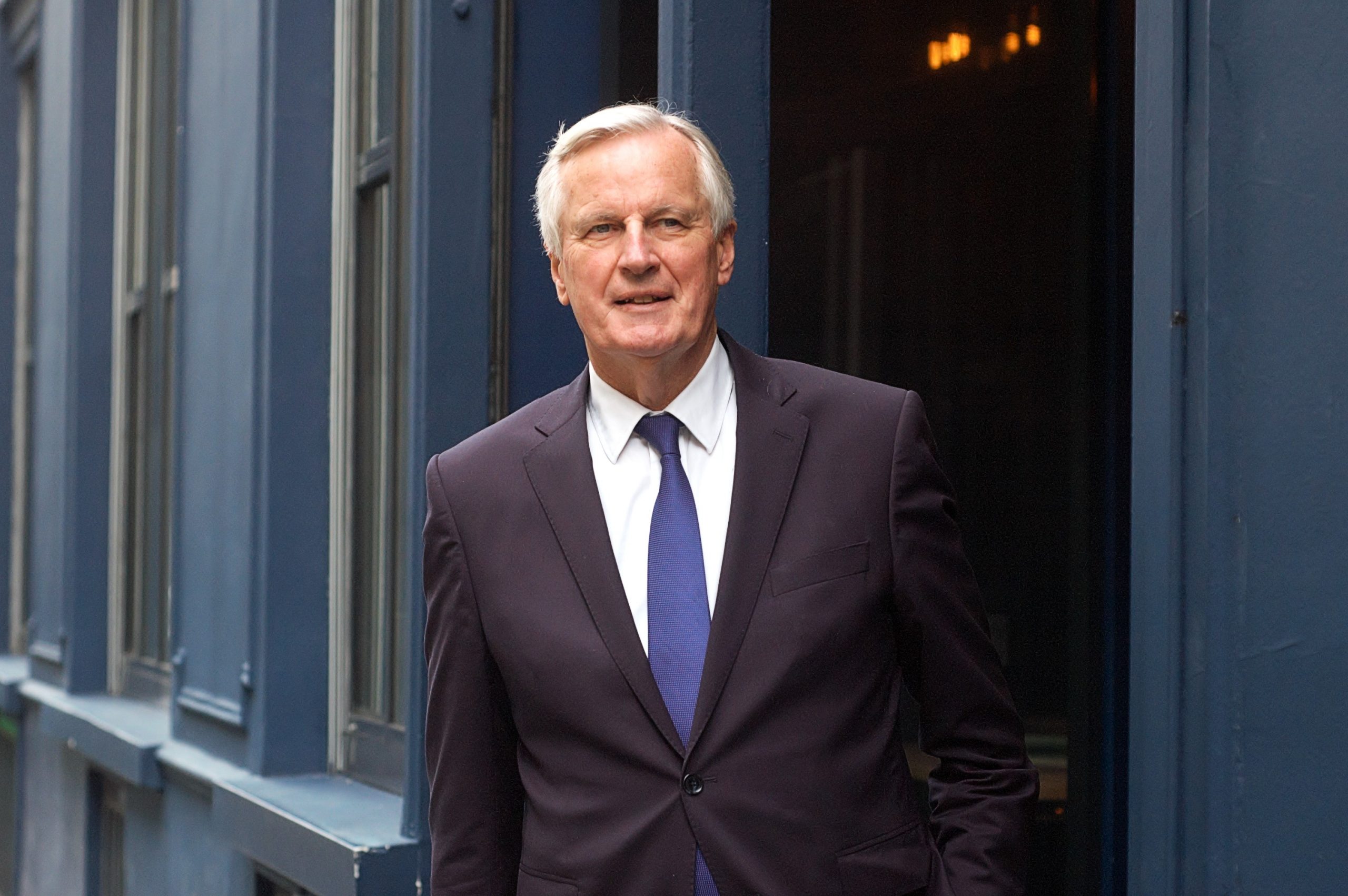Michel Barnier has been around the block in politics. The 71-year-old member of the centre-right Republican party, aligned with Fine Gael in Europe, was a French MP, four-time minister under presidents Jacques Chirac and Nicolas Sarkozy and twice European commissioner before he led the EU’s Brexit negotiation team from 2016 to 2021. I previously reviewed the book he wrote about his gruelling years of talks with successive UK governments. Last year, Barnier ran in his party’s primary for next April’s presidential election and came third. He now supports the contest’s winner, Valérie Pécresse, in taking on the incumbent Emmanuel Macron.…
Cancel at any time. Are you already a member? Log in here.
Want to read the full story?
Unlock this article – and everything else on The Currency – with an annual membership and receive a free Samsonite Upscape suitcase, retailing at €235, delivered to your door.

